June is Pride Month – Happy Pride!
Pride Month began after the Stonewall riots, a series of gay liberation protests in 1969, and has since spread, both honoring and celebrating LGBTQIA+ rights, culture, and community. This month aims to recognize the impact that the LGBTQIA+ have had on pushing towards a more equal world, locally, nationally and globally. We have been given the space to celebrate the success and educate each other on the impact and injustices the LGBTQIA+ community have and continue to experience.
Success in any sport is an incredible accomplishment, but for some this path has been difficult and unjust, making their achievement even more powerful. There have been many significant events in LGBTQIA+ sport history, including track and field, tracing the extensive and ongoing battle of equality. While we couldn’t include everything in this post, below are just some of the events that have made an impact and we recommend you take the time to do your own research to find out more.
The 1936 Olympics and What Came After
German high jumper, Dora Ratjen, placed fourth in the women’s high jump at the 1936 Berlin Olympics. However, they were later disqualified because they were recognized as intersex. Two years later, in 1938 Ratjen won gold at the European Athletics Championships, but was forced to return the medal, again because of their intersex identity.
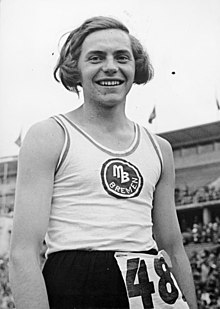
Ratjen’s experience is still significant today because it highlights the binary and constructive views of sex and gender that are still prevalent in sports, which make it challenging for intersex and trans athletes to compete.
At the same Olympic Games, in 1936, Helen Stephens won the Olympic Gold in the women’s 100m. Her sex was challenged because of her appearance and amazing performance. The International Olympic Committee (IOC) performed a physical check on Stephens soon after; she was deemed female.
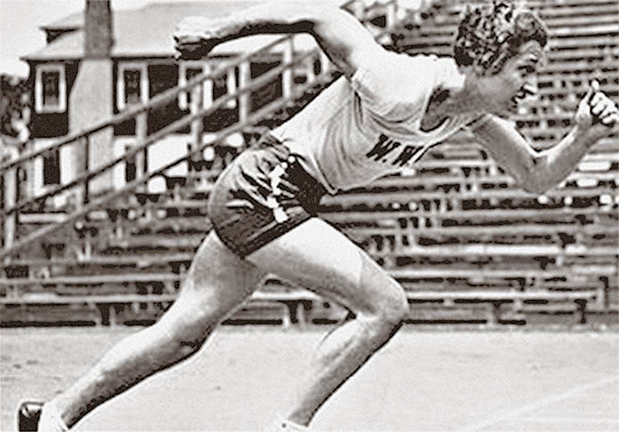
Sex testing is invasive, in addition to making it challenging for trans women to compete in sports. In 1968 the IOC required sex testing for all female athletes. It wasn’t until 1999 that the IOC ended mandatory gender testing and in 2000 they instituted a ‘case by case’ process. Years later in 2005, USA Track and Field adopted the IOC policy governing the participation of transsexual athletes in their events. However in 2023 the World Athletics Council banned transgender athletes from international competition. Many are currently fighting against this ban, to allow Transgender athletes to compete.
The 1982 Olympics and Inclusion in Sport
Founded as the Gay Olympics in 1982 by Tom Waddell, Brenda Young and others, the Gay Games is a worldwide sporting event that promotes the principles of ‘participation, inclusion and personal best’ within the LGBTQIA+ community. The Games were created in hopes of promoting the pursuit of personal growth in a sporting event and bring people of various different backgrounds together through international language of sport and accommodate differences to achieve gender parity.
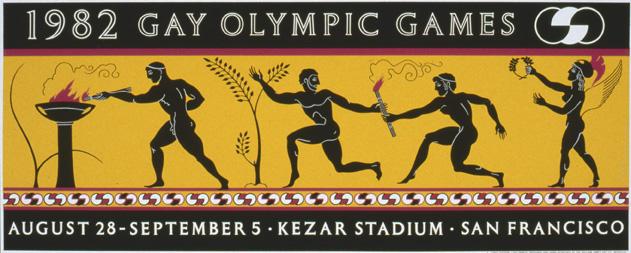
The Games are open to all who wish to participate, without regard to sexual orientation. Competitors come from all over, including those where homosexuality remains illegal and hidden. Since 1982 there have been iterations every four years, much like the original Olympics. The next Games are scheduled for this year.
In 1982, 1,350 competitors from over 170 cities competed. Waddell had participants represent their cities, rather than their countries because he disliked the nationalism of major sporting events. Additionally competitive elements such as medal tallies, medal ceremonies and recording athletic records were banned.
These Games allow us to come together and celebrate the international community in a way that fosters an environment of openness, respect and inclusivity.
As for the actual Olympic Games, at the 2021 Tokyo Olympics at least 186 publicly out gay, lesbian, bisexual, transgender, queer and non-binary athletes competed, more than triple the number who participated at the 2016 Games. There were only 23 publicly out Olympians at the 2012 Games.
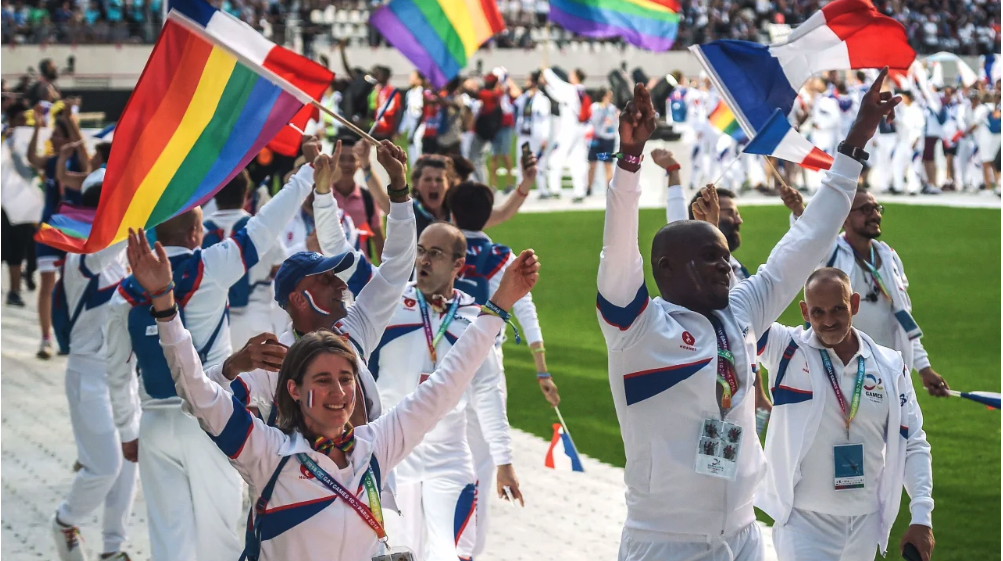
While the great increase in the number of athletes reflects changes for the better in society, with the growing acceptance of the LGBTQIA+ community, there is still a lot of growth to be done.
2019 World Championships in Qatar
In 2019, Qatar hosted the World Championships, despite their anti-gay laws. Same-sex sexual activity is illegal in their country, with sentences of up to five years imprisonment, among other punishments.
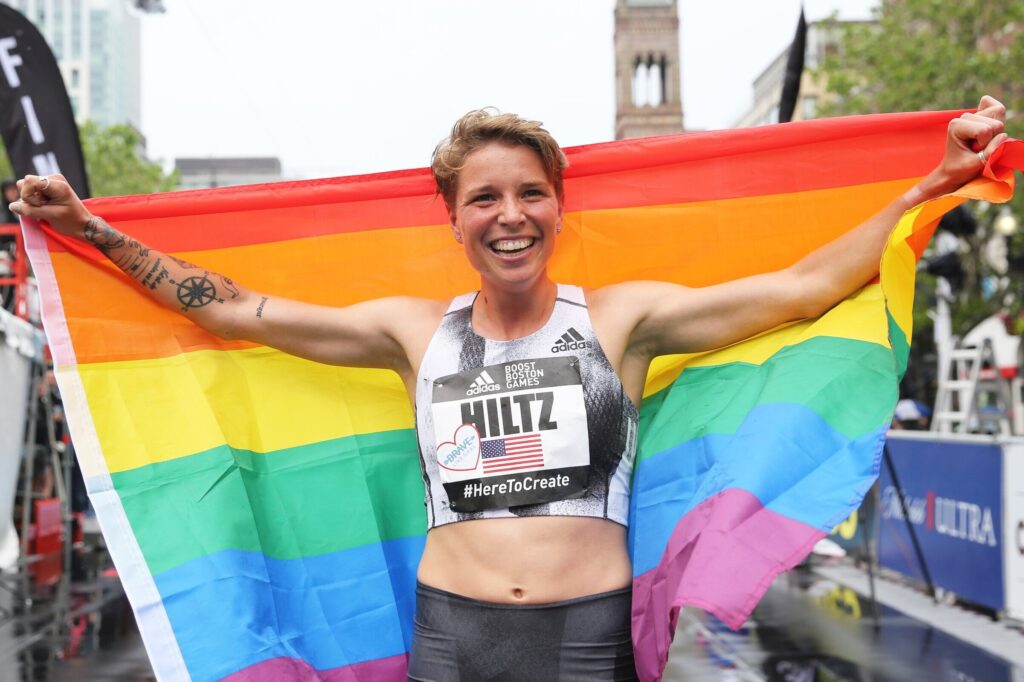
Nikki Hiltz, an openly non-binary athlete, felt they were, “fortunate enough that [their gender identity] is something [they] can keep secret.” Hiltz had already felt like they had kept their true identity hidden for 20 years, and hated that they had to do it again. Hiltz lamented, “I don’t ever want to go back [to hiding].”
In 2020 Hiltz organized Virtual Pride 5k races and donated the proceeds to the Trevor Project, a non-profit organization founded in 1998, which focuses on suicided prevention efforts among LGBTIQA+ youth.
Another USA athlete advocating for equality is Erica Bougard. During the 2019 season she had worn jumping spikes with a rainbow flap across one foot to symbolize gay pride.
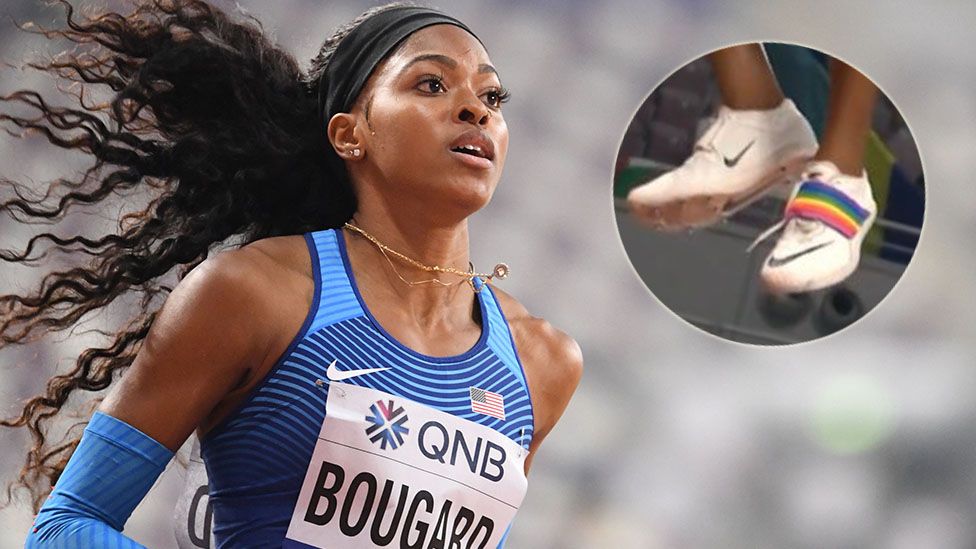
To Bougard she was just wearing her favorite shoes and not trying to make an international political statement, but when asked to comment she said, “I put the flag on my shoe and people noticed it… but I’m not afraid of the consequences. I feel like we have a voice, us as athletes, because more people look at us to perform…it’s important because I feel like people hate people for loving who they love. Some people don’t believe in it, which is totally fine. I wanted to show my side and put the symbol on my shoe.”
LGBTQIA+ Resources
While some of the history described above happened decades ago, there are still issues of acceptance and equality in the present day. Huge strides have been made, but in our society and within our sport, we can do better. It is important to remember that after this month comes to a close, let this be the beginning of something greater and something better, as we still look to continue to uplift and empower the LGBTQIA+.
There are some incredible individuals and organizations that are doing great work, so we’d like to share some article and resources that we recommend checking out:
www.campuspride.org – Campus Pride represents the leading national nonprofit 501(c)(3) organization for student leaders and campus groups working to create a safer college environment for LGBTQ students.
www.transstudent.org – Trans Student Educational Resources is a youth-led organization dedicated to transforming the educational environment for trans and gender non-conforming students through advocacy and empowerment.
www.thetrevorproject.org – The Trevor Project is an American nonprofit organization founded in 1998. Focused on suicide prevention efforts among lesbian, gay, bisexual, transgender, queer, and questioning (LGBTQ) youth, they offer a toll-free telephone number where confidential assistance is provided by trained counselors.
TrevorLifeline: 1-866-488-7386
TrevorChat: Confidential and secure instant messaging
TrevorText: Text START to 678-768
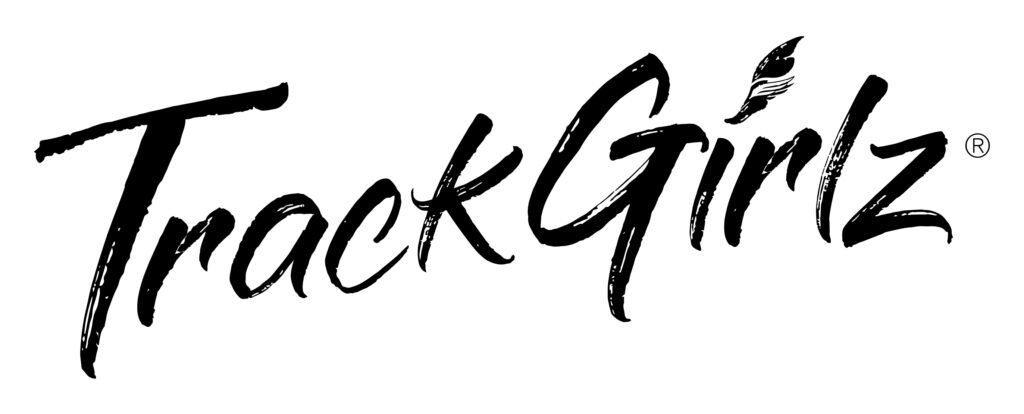
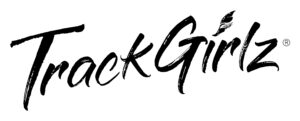
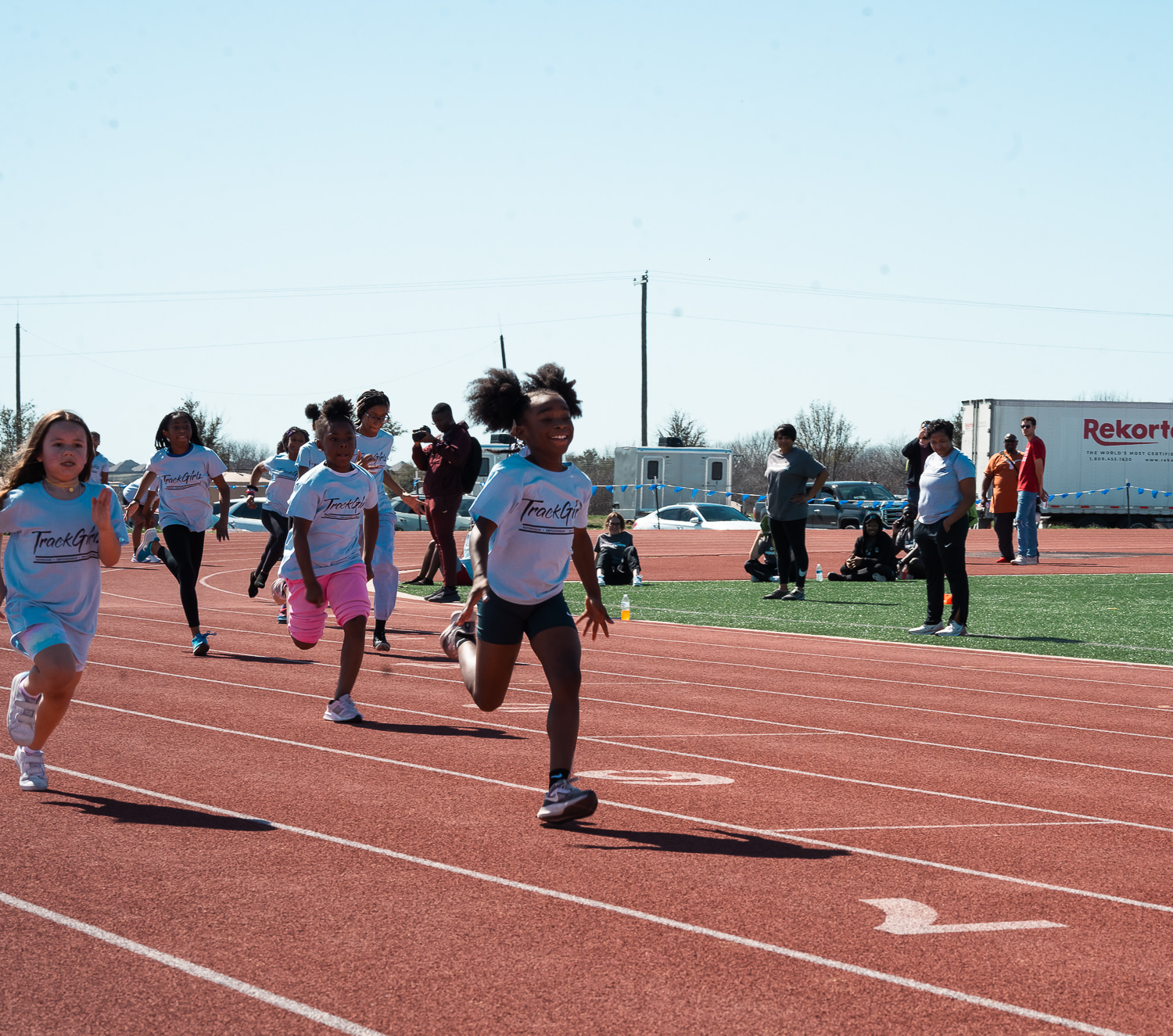
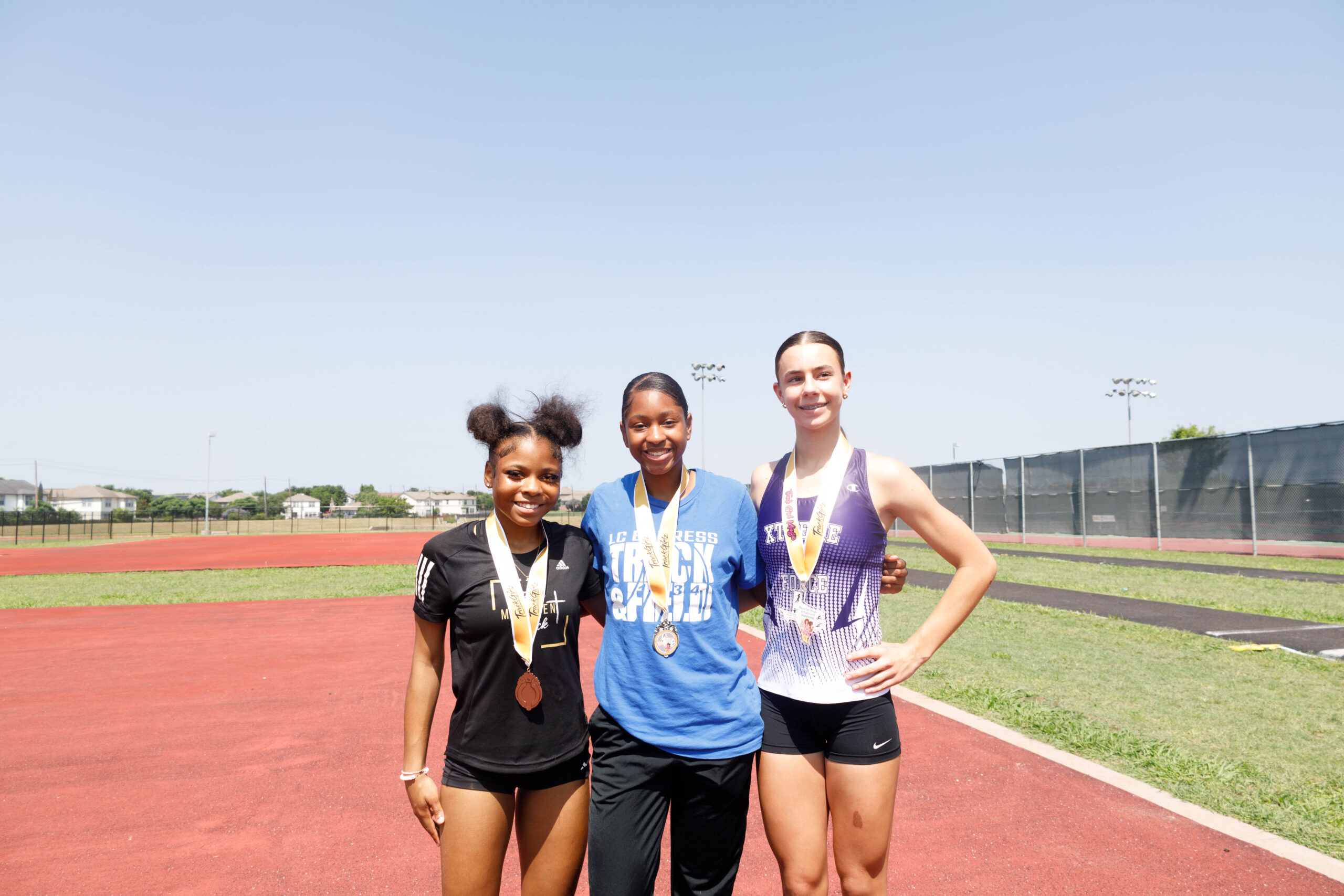
Leave a Reply